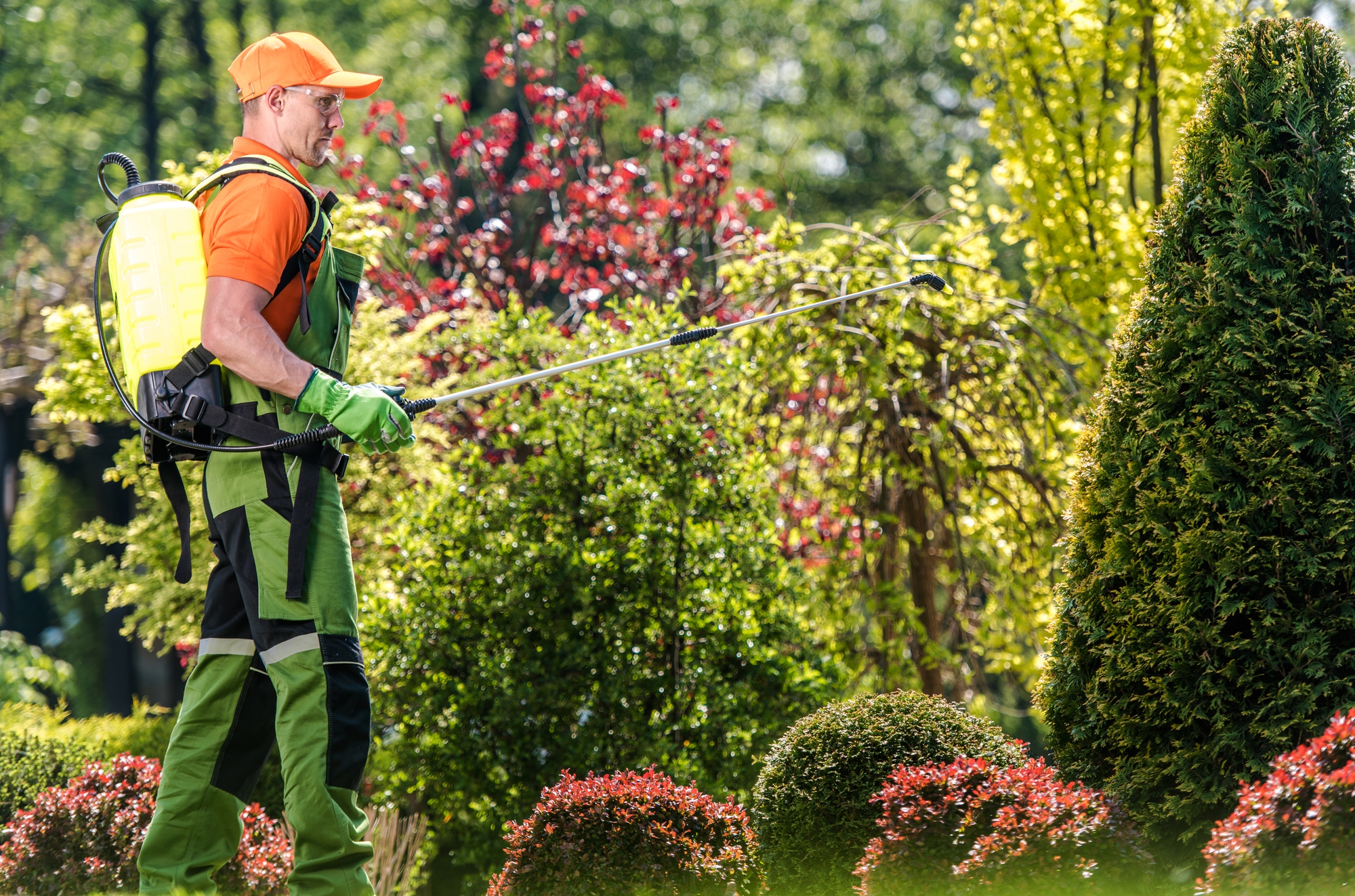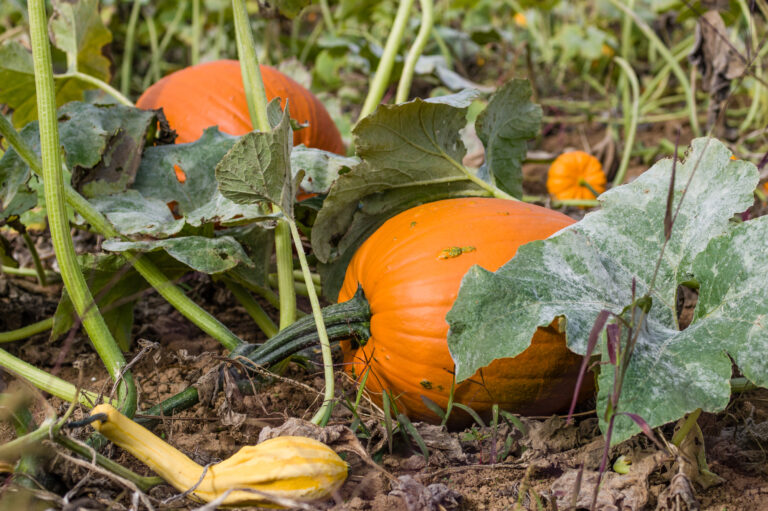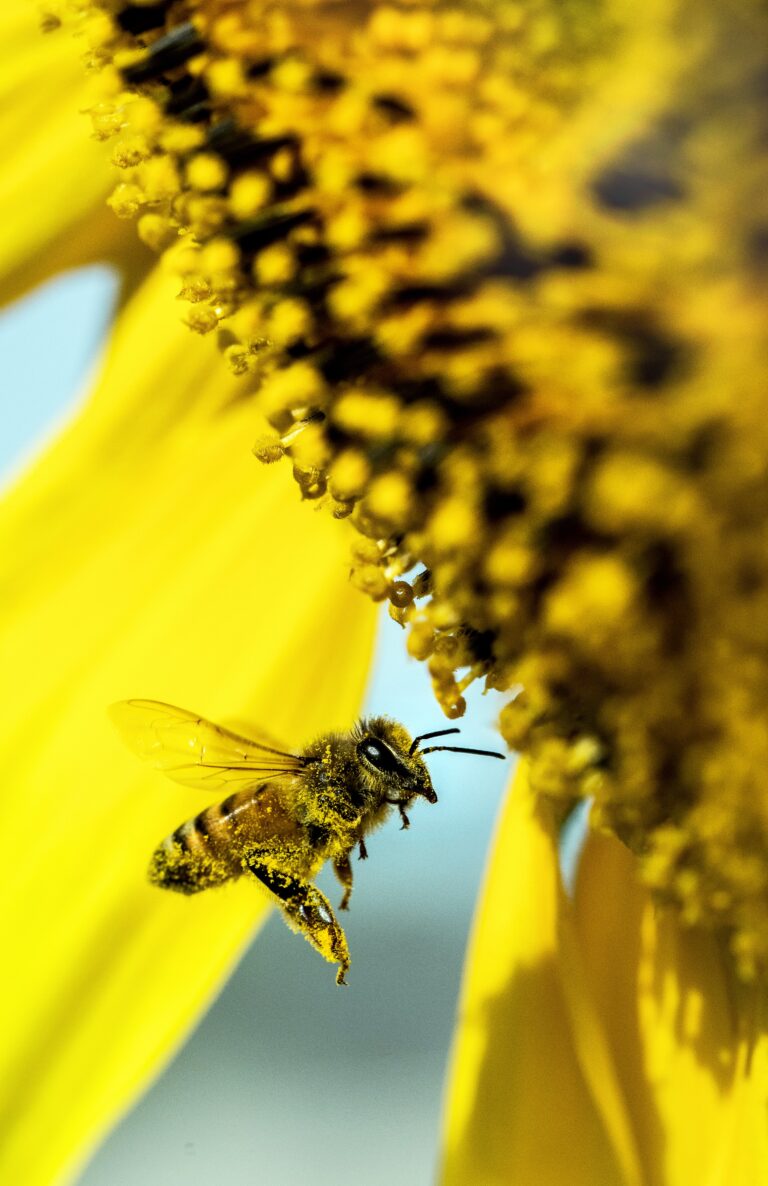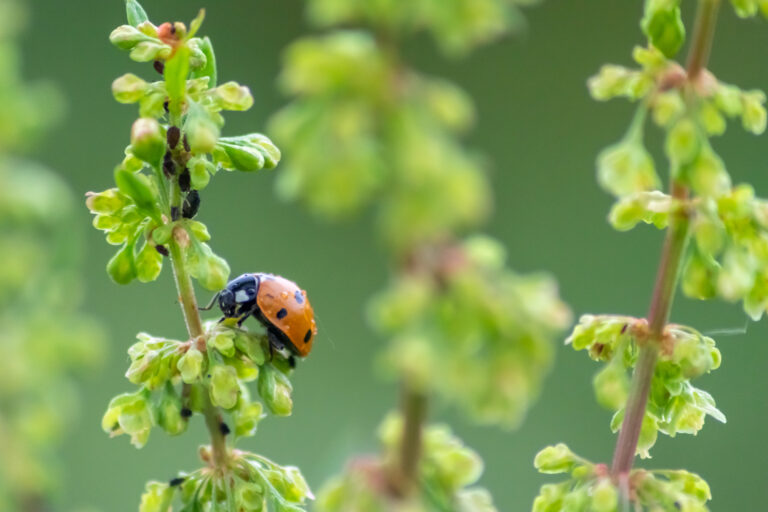Organic pest control: advantages and disadvantages
Is organic pest control as effective as chemical pest control? Not necessarily, but it is still effective, and it is much kinder to you, your health, the health of anyone who eats your fruits and vegetables, and the environment.
In recent years, the use of organic pest control has gained popularity among farmers, gardeners, and homeowners alike. This method, which utilizes natural predators, parasites, and pathogens to manage pests, has become an increasingly attractive alternative to chemical pesticides. The growing awareness of the potential harm caused by synthetic chemicals on human health and the environment has ignited a widespread interest in exploring sustainable pest control practices.
This article on the Organic Research Center’s website discusses the potential harm caused by synthetic pesticides: Organic pest control: advantages and disadvantages
The advantages of organic pest control are numerous, from minimizing the development of pesticide-resistant pests to preserving beneficial insects that contribute to overall garden health. Additionally, organic methods reduce the risks of contamination in soil, water, and air, thereby minimizing the impact on surrounding ecosystems. On the other hand, organic pest control may have certain drawbacks, including potential labor intensiveness and a learning curve for its successful implementation.
Understanding Organic Pest Control
Organic pest control refers to the use of natural methods and substances to manage and eliminate pests in agricultural settings. These methods focus on maintaining ecological balance and minimizing harm to the environment, as well as to humans and animals. This section highlights some of the key advantages and disadvantages of organic pest control.
Advantages:
- Environmental safety: Organic pest control methods are environmentally friendly and typically do not involve the use of synthetic chemicals. This reduces the risk of soil, water, and air pollution, as well as potential harm to non-target organisms, such as birds and beneficial insects.
- Preservation of biodiversity: Unlike synthetic pesticides, which can harm a large number of organisms, organic pest control methods usually target specific pests. This helps maintain ecological balance and preserve the diversity of plant and animal species.
- Resistance management: Pests can develop resistance to synthetic pesticides over time. Organic pest control methods utilize a variety of techniques, reducing the likelihood of resistance.
| Advantages | Disadvantages |
|---|---|
| Environmental safety | Initial cost |
| Preservation of biodiversity | Time-consuming |
| Resistance management | Limited effectiveness against certain pests |
Disadvantages:
- Initial cost: Organic pest control methods can be more expensive upfront compared to conventional pesticides. However, they can save money in the long run, as they reduce the reliance on costly synthetic chemicals and can prevent problems associated with pesticide resistance.
- Time-consuming: Implementing and managing organic pest control methods can be labor-intensive and require more time than simply applying a synthetic pesticide.
- Limited effectiveness against certain pests: Some organic pest control methods may not be as effective against certain pests or pest populations, requiring the use of additional control methods or tolerance of some pest damage.
In conclusion, organic pest control offers several benefits, including environmental safety and biodiversity preservation. However, there are also drawbacks, such as higher initial costs and time-consuming implementation. It is essential for farmers and gardeners to carefully consider the specific needs and conditions of their situation before determining the best course of action for managing pests.
Benefits of Organic Pest Control
Environmentally Friendly
Organic pest control methods help in reducing the negative impact on the environment. By using natural predators, barriers, and traps, these methods are not only effective in controlling pests but also prevent environmental contamination caused by chemical residues. This approach helps in preserving natural resources such as water and soil from degradation.
Promotes Biodiversity
One of the advantages of organic pest control is its ability to promote biodiversity within an ecosystem. By encouraging the presence of various organisms and beneficial insects, organic methods help maintain a healthy balance in the environment. Integrating these controls into agricultural practices ensures the survival of essential organisms that play a significant role in pest control, pollination, and overall ecosystem health.
Improved Soil Quality
Organic pest control also promotes improved soil quality. By avoiding the use of synthetic pesticides, the health of soil microorganisms is preserved. These microorganisms are vital in breaking down organic matter, leading to higher nutrient availability and improved soil structure. Some methods, such as using companion plants or incorporating cover crops, can enhance soil fertility and prevent pest invasion.
- Companion plants: Planting species that naturally repel pests can help protect valuable crops.
- Cover crops: Planting cover crops assists with soil health, as well as acting as a natural barrier against pests.
Reduced Health Risks
Finally, organic pest control methods help to minimize health risks associated with the use of chemical pesticides. These risks can affect not only farm workers but also consumers who eat produce treated with chemicals.. It also helps to keep groundwater and surrounding ecosystems safe from chemical contamination.






